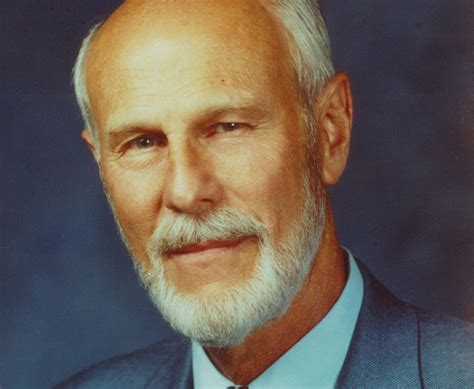A Quote by Lobsang Tenzin
No one can avoid death; it is inevitable. Therefore, I should create in my mind a kind of willingness and accepting for that event without any fear.
Related Quotes
The man who has lived his life totally, intensely, passionately, without any fear - without any fear that has been created in you by the priests for centuries and centuries - if a person lives his life without any fear, authentically, spontaneously, death will not create any fear in him, not at all. In fact, death will come as a great rest. Death will come as the ultimate flowering of life. He will be able to enjoy death too; he will be able to celebrate death too.
Death is the end of the fear of death. [...] To avoid it we must not stop fearing it and so life is fear. Death is time because time allows us to move toward death which we fear at all times when alive. We move around and that is fear. Movement through space requires time. Without death there is no movement through space and no life and no fear. To be aware of death is to be alive is to fear is to move around in space and time toward death.
Meditation on inevitable death should be performed daily. Every day when one’s body and mind are at peace, one should meditate upon being ripped apart by arrows, rifles, spears and swords, being carried away by surging waves, being thrown into the midst of a great fire, being struck by lightning, being shaken to death by a great earthquake, falling from thousand-foot cliffs, dying of disease or committing seppuku at the death of one’s master. And every day without fail one should consider himself as dead
By 'coming to terms with life' I mean: the reality of death has become a definite part of my life; my life has, so to speak, been extended by death, by my looking death in the eye and accepting it, by accepting destruction as part of life and no longer wasting my energies on fear of death or the refusal to acknowledge its inevitability. It sounds paradoxical: by excluding death from our life we cannot live a full life, and by admitting death into our life we enlarge and enrich it.
Life is movement. Movement is change. Every time a sub molecular particle swings through time and space, something is changing. Change, therefore, is inevitable. It is the nature of life itself. The trick in life is not to try to avoid change, but to create change. Then it is the kind of change you choose.
Say anything you want against The Seventh Seal. My fear of death - this infantile fixation of mine - was, at that moment, overwhelming. I felt myself in contact with death day and night, and my fear was tremendous. When I finished the picture, my fear went away. I have the feeling simply of having painted a canvas in an enormous hurry - with enormous pretension but without any arrogance. I said, 'Here is a painting; take it, please.'
They [the disciples] were testifying to the resurrection, a question of fact, not merely of faith. They were convinced of an event. And their willingness to die for attesting to that event is far more convincing that the willingness of others to die for a mere belief or because of loyalty to a religion or religious leader.
This surpassed the fear of death. Death would be a mercy if it would make the feeling stop, the uncontrollable panic mingling with the mind-scrambling certainty of something sinister approaching, something with no need to hurry, something that would not be so kind as to let him die. The fear was palpable, suffocating, irresistible.








































